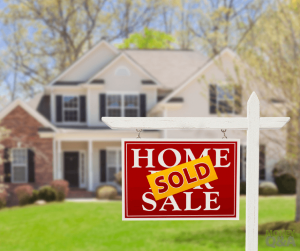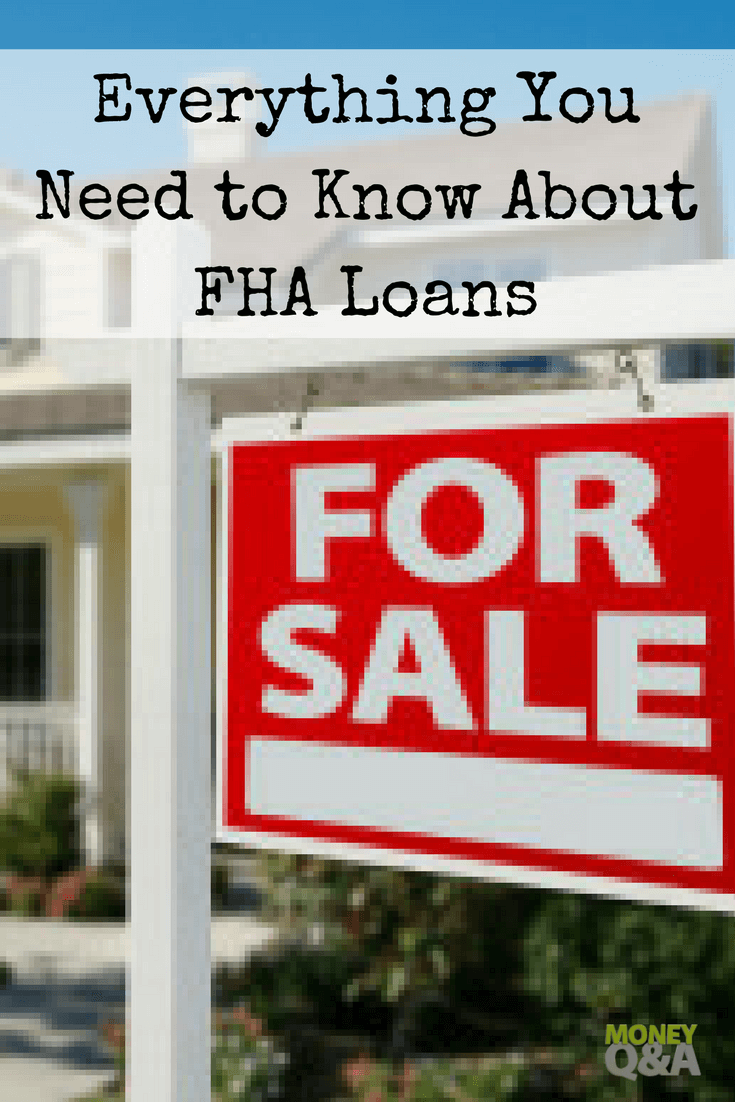
The cost of housing is skyrocketing across the U.S., particularly for renters seeking affordable housing. While there are many benefits to renting a home, you don’t have to pay for repairs or property maintenance. Some utilities might be covered in your monthly rent, the freedom to move.
But, many people still aspire to the American Dream of owning a home. But if housing prices continue to rise as mortgage lenders are still hesitant about lending in a post-recession economy, how can you possibly manage to save up the massive, 20% down payment required for most mortgage loans?
Thanks to the U.S. Department of Housing and Urban Development’s FHA loan program, you might not need to save up for a huge down payment, pay exorbitant closing costs, or have near-flawless credit to qualify for a mortgage loan on the home of your dreams. The program, established by the Federal Housing Administration way back in 1934, is designed to help unlikely, yet responsible homebuyers get a foot in the door of the housing market.
FHA Loans
Keep in mind it is usually a good idea to speak with a professional before getting started because there are so many different types of loans and mortgages available. For example, if you have a home in New Jersey, you could also consider home equity loans or refinance your property as a way of freeing up some cash to purchase an additional asset.
You could look into fixed-rate and adjustable-rate terms, should you have specific financial needs. In the end, you have many options to consider, so be sure you’re making the right decision before you begin.
If you’re ready to make the leap and purchase a starter home to start building equity on your own, then here are some aspects of the FHA loan program you’ll want to know before applying:
Who is Eligible?
There are no income requirements for an FHA loan, but there will be some investigation into your credit history to determine your level of financial responsibility. Even if your credit score isn’t that great, you could still qualify for an FHA loan. If your credit score is at least 580, then you could qualify for the lowest down payment option: just 3.5%!
If your credit is hovering in the 500-579 range, then you will most likely have to front 10% of the home’s purchase price to qualify for the FHA loan. If you have an insufficient credit history or a score lower than 500, then you may or may not qualify for an FHA loan, but the FHA does make exceptions from time to time if you can meet other requirements.
You must also receive a clear report from the Credit Alert Verification Reporting System (CAIVRS), which checks for credit problems such as delinquencies and loan defaults.
Where Can I Find FHA Lenders?
Not all lenders offer FHA loans – which are specifically backed by the Federal Housing Administration as reassurance for lenders extending loans to lower-income borrowers – so you’ll need to find an FHA loan provider, which you can easily do with the HUD’s lender search list here.
How Do FHA Loans Help First-Time Homebuyers?
The biggest attraction FHA loans offer is the low down payment option, ranging from 3.5% to 10% of the home price. For instance, if you’re saving for a mortgage while paying off student loans, then an FHA loan might be a great alternative to private mortgage lenders because you’ll be able to finally secure your own home without jeopardizing your financial situation or having to wait several years to build up enough savings for the down payment.
FHA loans are also great options for homebuyers in areas with high home prices, such as New York and California. You might have a great credit score and solid income, but these pricy areas make it extremely difficult for even financially secure folks to purchase a home, simply because of the high upfront costs involved.
The FHA loan program also allows homebuyers to use a variety of payment options for a down payment, including your own savings, monetary gifts from others, or local down payment assistance programs. You might even be able to find a home seller offering to pay (or help pay) for the closing costs if you’re an FHA borrower (though in high-demand housing markets this option might be less readily available). If you have some or all of your closing costs subsidized, be aware that this could bump up your mortgage loan’s interest rate as a result.
What Are the Interest Rates?
The interest rates on an FHA loan depend on the lender you take out a loan from. You’re not directly borrowing from the FHA after all – you’re borrowing from an FHA-approved mortgage lender that operates within the terms and conditions set by the FHA loan program but is otherwise free to charge their own interest rates.
The average mortgage interest rates currently are 5.04% (for a 30-year, fixed-rate loan). So keep this in mind while comparison-shopping between lenders for the best interest rate possible.
Private Mortgage Insurance and Other Fees
If you take out an FHA loan, you’ll have to pay private mortgage insurance in addition to your monthly mortgage payments until you’ve accrued at least 20% of the home’s original value in equity. Private mortgage insurance (PMI) costs will vary, but here’s an example to help you calculate how much you might expect to pay:
A $400,000 home with a 10% down payment and an FHA-backed loan for $360,000 would result in an average monthly payment of $200 for PMI.
You’ll also need to pay an FHA Funding Fee, which consists of 1.75-2.25% of the original loan amount ($1,750-2,250 per $100,000 borrowed – paid when you first purchase the home). Other fees might be assessed – visit the FHA’s website to learn more about different circumstances that affect your mortgage loan fees.
For some people, it’s a no-brainer: an FHA loan might be the only option for buying a home within the next several years thanks to rising costs of housing. For others in more affordable markets, it might be a better option to avoid the FHA fees and save up enough money for a down payment with a traditional mortgage lender.

